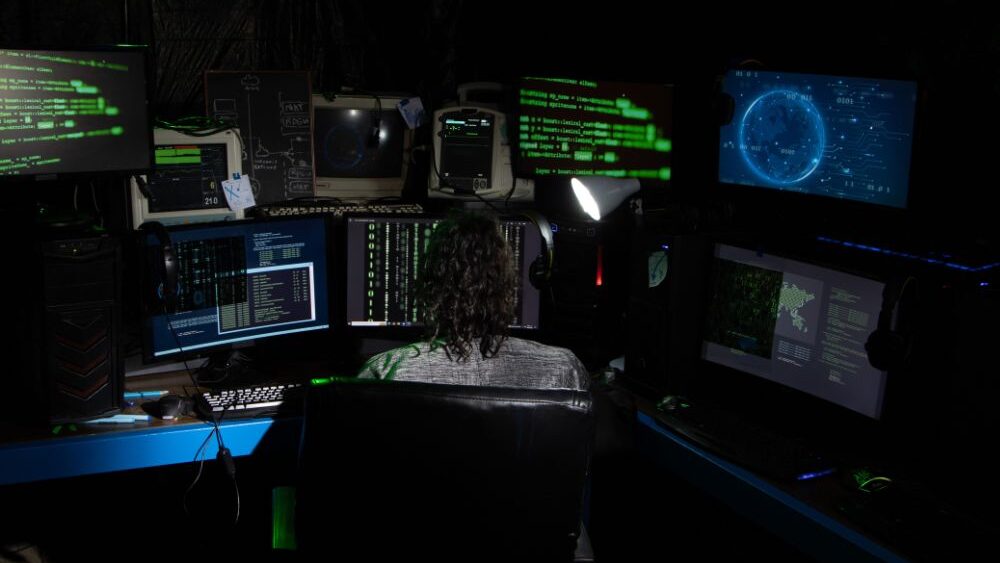Cybersecurity and software development share many standard features. Both require a good understanding of programming languages and operating system infrastructure. Good interpersonal and communication skills are essential to work in both these roles.
But at a deeper level, they are essentially different roles with different objectives. Software developers develop software to provide convenience for customers. They create programs that allow users to store data on their devices or in the cloud. A cybersecurity professional protects this data from falling into the wrong hands, being misused, or destroyed.
What challenges do these professions face?
Both fields have their weaknesses. A career in cyber security requires certification and experience in data theft and breaches. Cybersecurity engineers need specific skills such as ethical hacking, intrusion detection, and penetration testing. These skills can be learned as an associate or junior cybersecurity engineer.
Of course, this field can be very stressful compared to a profession where you must develop software by writing lines of code. The stakes rise considerably depending on the severity and impact of the data compromise. Such factors cause stress when dealing with several tasks at the same time.
At the same time, software development in this field of work has its challenges. Software and systems are highly dependent on programming languages. The only problem is that programming languages have become extremely unstable due to constant technological innovation. Either the programming language is constantly updated, thus changing its functioning, or new languages entirely replace it.
This constant change forces software developers or engineers to learn new programming languages and keep up with new technologies. Of course, this is also reflected in their work. The software requires regular updates to ensure it runs faster, better, and more efficiently than competing software.
What can you expect to get paid?
Both areas are considered lucrative with reasonable growth rates. However, salaries vary depending on the position you hold. Software developers, therefore, have a better pay level and better salary expectations overall and are the clear winners in the comparison between cyber security and software development salaries.
Which profession is better?
Both fields have promising career opportunities, but of course, they also have differences. Salary is a significant factor when choosing a profession. With a higher pay grade, software development is the easy winner here. In addition to the remuneration, cyber security involves a stressful environment, especially as a forensic expert. Dealing with legal structures and unpredictable external threats leads to a lack of a proper work schedule, which leads to long working hours.
However, every profession has its positive aspects alongside its negative ones. If you like solving problems or puzzles, cyber security could be your job. Choosing cybersecurity over software development will free you from the shackles of constantly changing to new programming languages and technologies. At the same time, development companies often need to be more staffed, while there is still huge demand and opportunity in cyber security.
Here is a basic comparison of the main differences between the two professions, which can help you make a better and more informed choice.
Can you move from one profession to the other?
Changing professions after working for a long time in a particular job is not uncommon. The difficulties you will face in changing careers depend on which role you choose and which you leave in the future. For example, it is much easier to change careers from software engineer to cyber security engineer than vice versa.
The upside of changing careers from development to security is that you already have the technological and programming knowledge you need. Mainly, this does not necessarily require an education other than a computer science degree. However, you will need to obtain a certificate in security measures. You can get certified by organisations such as CompTIA and ISACA and pursue a career as a security engineer.
Your biggest obstacle in this career change could be your job, or perhaps working for a legal institution such as a cybercrime expert, and having an unfamiliar experience similar to your previous job. Your interpersonal skills could make a difference in how comfortably you adapt to such a change.
Conversely, there is a vast knowledge gap when moving from a system security manager to a software development manager. A software engineer learns and trains to master algorithm development and several programming languages. As this is a solid prerequisite in the development field, the time commitment to learn and master languages that meet the standard of the development company can be time-consuming and harsh.
Conclusion
A comparison between cybersecurity and software development can help you decide what career you want to pursue. Both are equally good career paths with growth prospects in knowledge and salary. So, which job is better depends entirely on your priorities and preferences. We hope this blog has provided you with relevant information that will be useful in making your decision.
Get enrolled in Logitrain software and cyber security courses and start your IT career to learn best development practices.





































































